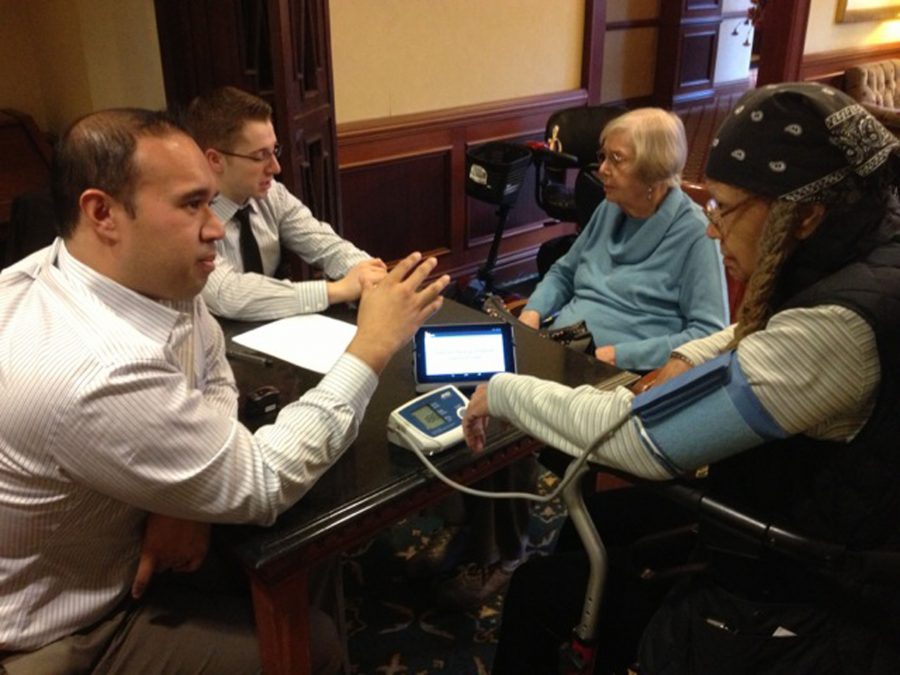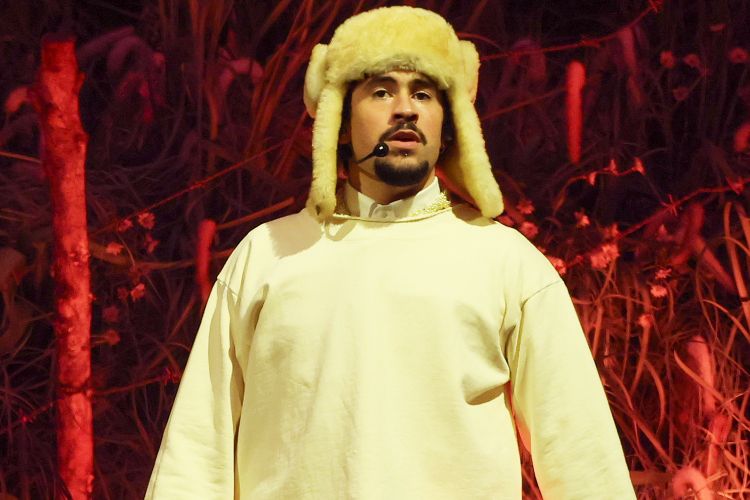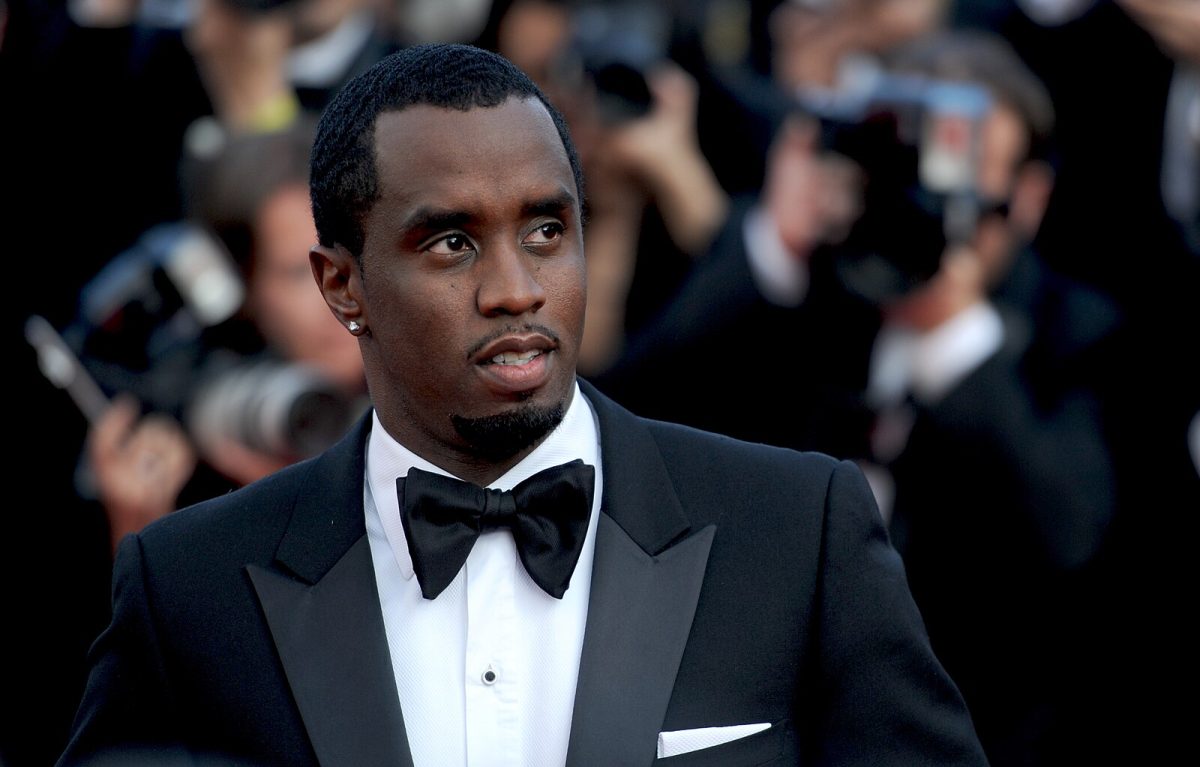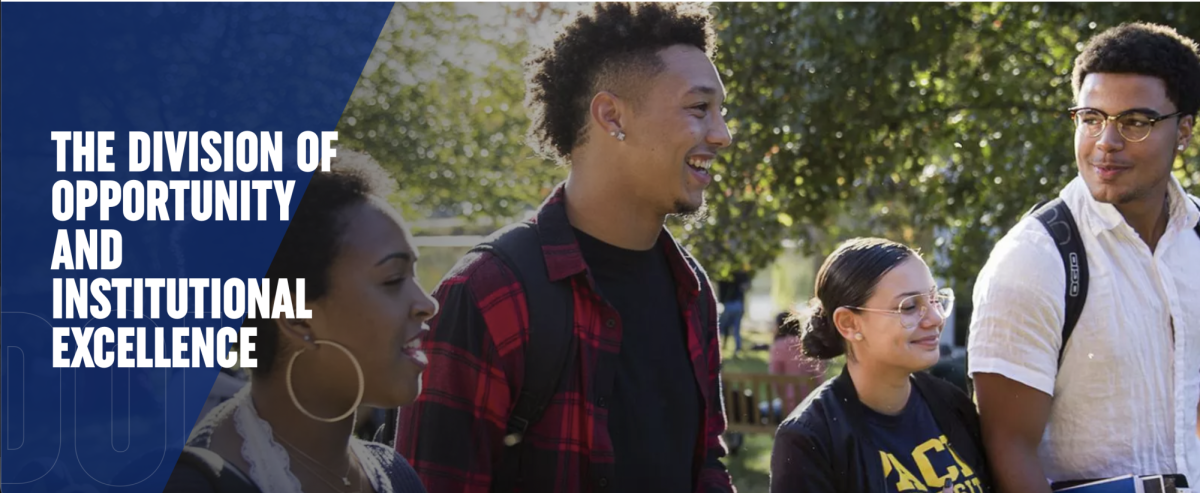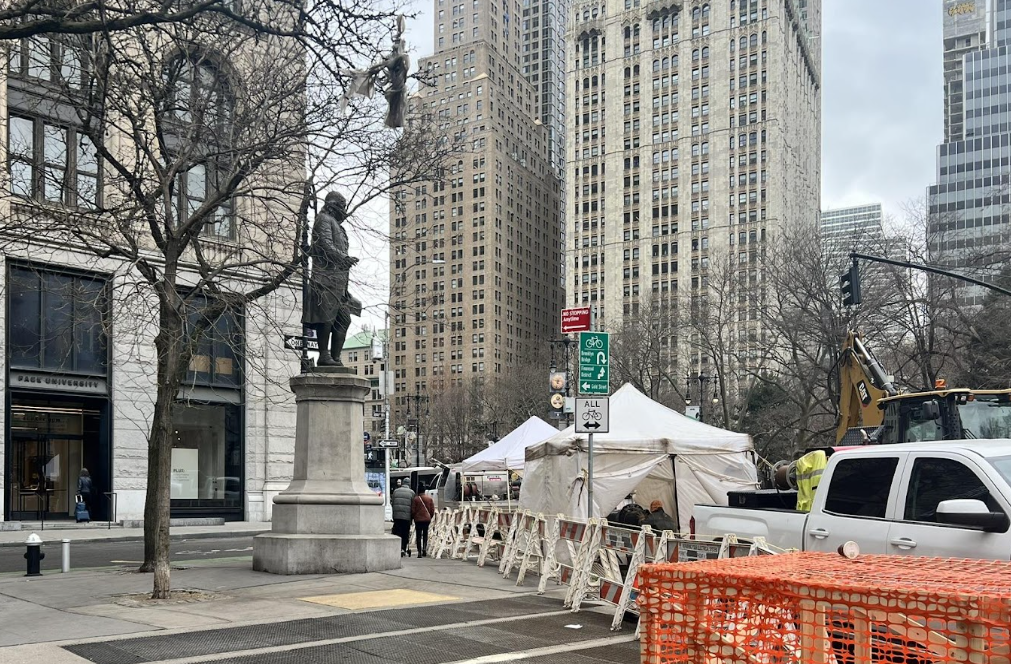A recent graduate of the University has found success in a unique health technology startup. 2012 graduate Chris Gaur’s company, which remotely monitors vital health information of older adults, recently partnered with Pace University to win the 2013 Pilot Health Tech NYC Grant Competition funded by the City of New York, winning a $100,000 grant. Gaur, a member of the class of 2012 with a degree in Marketing, began his telehealth company, Vital Care Services shortly after graduation. While Pace has many grants, this is one of the first for telehealth at the university.
Vital Care Services, however, is not Gaur’s first successful business venture. Gaur founded the Pace Perks cafe—a late night cafe for students who wanted to enjoy food after normal cafeteria hours—when he was just a freshman. It is from this experience that he learned the benefits of networking with fellow classmates and his professors at Pace.
After his success with Pace Perks (which is still up and running today,) and a background in EMT volunteering, Chris formed the idea of Vital Care Services. He credited his service learning CIS class with building a successful network to jump start the business. Gaur notes that Dr. Jean Coppola, an associate I.T. professor at the Seidenberg School of Computer Science was instrumental in the formation of the telehealth program. Her class, Intergenerational Computing was the launching pad for Gaur’s idea. Guar and Coppola met last January to discuss the idea, and both were extremely enthusiastic about the potential program. They then began a ten week pilot program with 18 geriatric patients.
In the program, nursing students and student technicians help elderly patients take their vitals. The hope is that these individuals will build relationships and lessen the anxiety around technology, with patients eventually being able to use technology on their own after approximately six months to take their vitals independently.
Gaur’s program works with a number of diverse socioeconomic backgrounds around the city, including many non-English speaking patients. Vital Care Services has three locations currently in Brooklyn, Harlem and lower Manhattan, with plans of opening a fourth soon. With the newly awarded grant, the patient database has grown extensively from 18 to 100. Some patients are over 100 years old, and others are as young as 65.
Currently, there are four student technicians, and two graduate nursing students from the College of Health Professions working in the program. Students engage by visiting patients at their homes and taking vitals like blood oxygen, blood pressure and weight. The program also provides daily questions, medication reminders, glucose levels and temperatures and pain levels, which can be accessed on common technological devices, such as tablets and smartphones. Gaur says the process takes around five minutes, and patients are visited twice a week.
Kyle Kravette, a junior majoring in technical theater and computer science on the New York City campus works as a student technician for Vital Care Services. Kyle began working for the program through Dr. Coppola’s intergenerational computing class.
“We usually go to the assisted living center and set up the equipment at lounges. We have appointments for residents to meet us there, and we introduce them to the technology,” Kravette said. After these initial steps are completed, the nurse then monitors the patient’s vitals, blood oxygen level and blood pressure and weight.
“The idea behind the technology is that it’s designed to be quick and effective, just monitoring things people can’t physically feel, like blood pressure and oxygen,” Kravette said. Kravette has been on board since the beginning, but says that the grant was instrumental in allowing the program to continue. He gives the program high praise because it is low cost compared to regular doctors visits, and is easy to learn and use, with most everyone having the software to check their vitals on their smartphone or tablet devices. Being part of the startup has allowed Kyle to learn not only technical job skills, but important interpersonal skills as well.
Vital Care Services is already making major changes in individual’s lives. In one instance, the Vital Care Services software check up program led a woman to discover that she was on a type of medication dangerous to her blood pressure levels.
“She was part of the program—she felt awful. She was fatigued and dizzy, and her blood pressure was high. She eventually went to the doctor because her blood pressure kept going up and we were telling her that. She was able to switch medications because of that,” said Kravette.
Gaur said telehealth is becoming more helpful because of its ability to lessen the number of people trying to access doctors, especially with Obamacare that will go into effect later this year. 40 million Americans will need insurance, and there will be a severe shortage of doctors. “We try to triage it,” he said.
Gaur’s biggest advice to current students pursuing new ventures is to take advantage of networking opportunities. “The biggest recommendation is networking and going out and taking an idea and getting people’s opinions and building connections. A huge part of my success stemmed from college,” said Guar. He credits his application of what he was learning in the classroom to the outside world with his success both inside and outside of higher education.
Chris Guar will be speaking on a panel at the Pleasantville campus on October 17, as part of the campus’ 50th anniversary celebration. He hopes to continue to develop his program, and eventually expand it outside of New York State.

